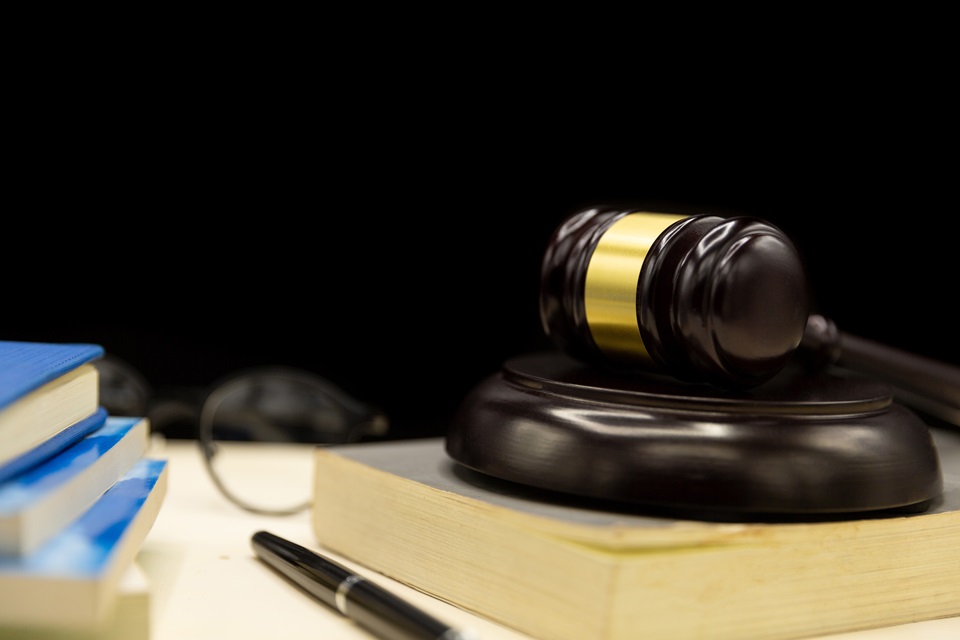Personal injury settlements can be life-changing, providing compensation for damages incurred due to accidents or injuries. However, understanding what steps to take after receiving a settlement is crucial to ensure the best use of the compensation and a smooth transition into normalcy.
Table of Contents
Understanding Personal Injury Settlements
A personal injury settlement is a legal agreement reached between the injured party and the responsible party or their insurance company. It aims to compensate the victim for various damages, including medical expenses, lost wages, and pain and suffering without going to trial.
Immediate Steps After Receiving A Settlement
Notifying Relevant Parties
Upon receiving the settlement amount, it’s vital to inform the various parties involved. This includes healthcare providers, creditors, and any other individuals or entities connected to the injury case. Timely communication ensures proper acknowledgment of the settlement and prevents any misunderstanding or delay in necessary actions.
Consulting Legal Counsel For Advice
Seeking advice from legal experts or an attorney post-settlement is crucial. According to the Albuquerque personal injury lawyers at Davis Kelin, an attorney can handle the filing of extensive paperwork often found in these cases. They can provide guidance on the legal implications of the settlement and ensure compliance with any outstanding legal obligations. They can also advise on potential tax implications or any clauses in the settlement agreement that might require attention.
Financial Planning & Management
Assessing The Settlement Amount
Before making any financial decisions, it’s essential to thoroughly assess the settlement amount. This evaluation involves understanding the different components of the settlement and their implications. It’s not just about the lump sum received but also about potential future needs that the compensation is supposed to cover.
Creating A Comprehensive Financial Plan
Developing a detailed financial plan is vital to manage the settlement amount effectively. This plan should encompass short-term needs, such as clearing outstanding medical bills and immediate expenses, as well as long-term considerations, including investments, retirement planning, and potential ongoing medical costs related to the injury.
Clearing Outstanding Debts
Prioritize settling any outstanding debts incurred due to the injury or during the legal proceedings. Clearing debts ensures financial stability and prevents additional stress or complications in the future.
Medical Care & Rehabilitation
Prioritizing Health Needs
Health should be the foremost priority after receiving a settlement. Allocate funds to cover ongoing medical treatments, therapies, or surgeries related to the injury. Ensuring access to necessary healthcare services contributes significantly to a smoother recovery process.
Accessing Ongoing Medical Care
Continuing necessary medical care prescribed by healthcare professionals is crucial. This may include follow-up appointments, physical therapy, or other forms of treatment aimed at improving health and well-being post-settlement.
Seeking Rehabilitation If Necessary
In cases where the injury requires ongoing rehabilitation, seeking professional rehabilitation services is highly recommended. Rehabilitation programs aid in physical and mental recovery, helping individuals regain functionality and adapt to changes caused by the injury.
Move Forward
Receiving a personal injury settlement marks the end of a challenging legal process but signals the beginning of a new chapter. Proper financial management, continued medical care, and emotional support are crucial during this phase to rebuild a fulfilling life.



